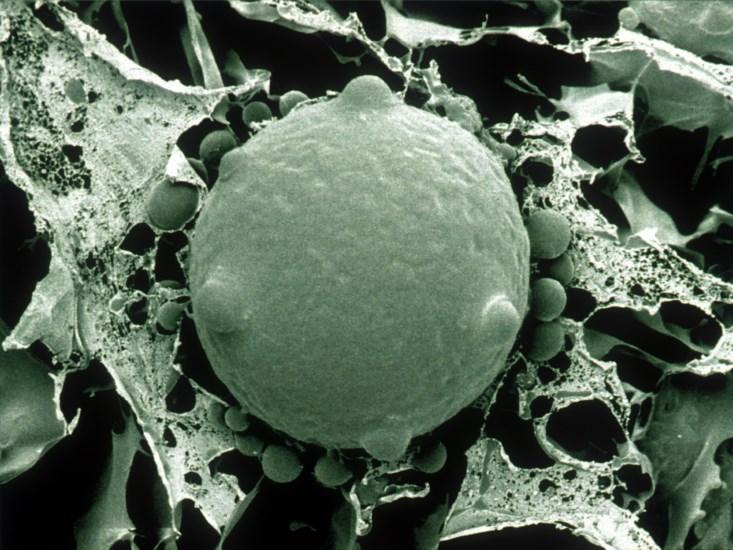How “Useless” Science Unraveled an Amphibian Apocalypse

One spring day in 1984, Joyce Longcore got a phone call from Joan Brooks, a biologist at the University of Maine. Brooks had received a National Science Foundation grant to study the interactions of fungi and bacteria in peat bogs. She needed a hand, and she heard through the grapevine that Longcore knew a bit about fungi.
Longcore did. She’d studied them at the University of Michigan in the late 1960s before leaving lab life to raise a family full time. Now her oldest son was headed to college and she was looking for something to do. She’d figured on getting a job at the grocery store. Instead she took Brooks up on the offer. When their work ended after several years—it would later inspire a commercial —Longcore decided to get her doctorate. The focus of her
You’re reading a preview, subscribe to read more.
Start your free 30 days